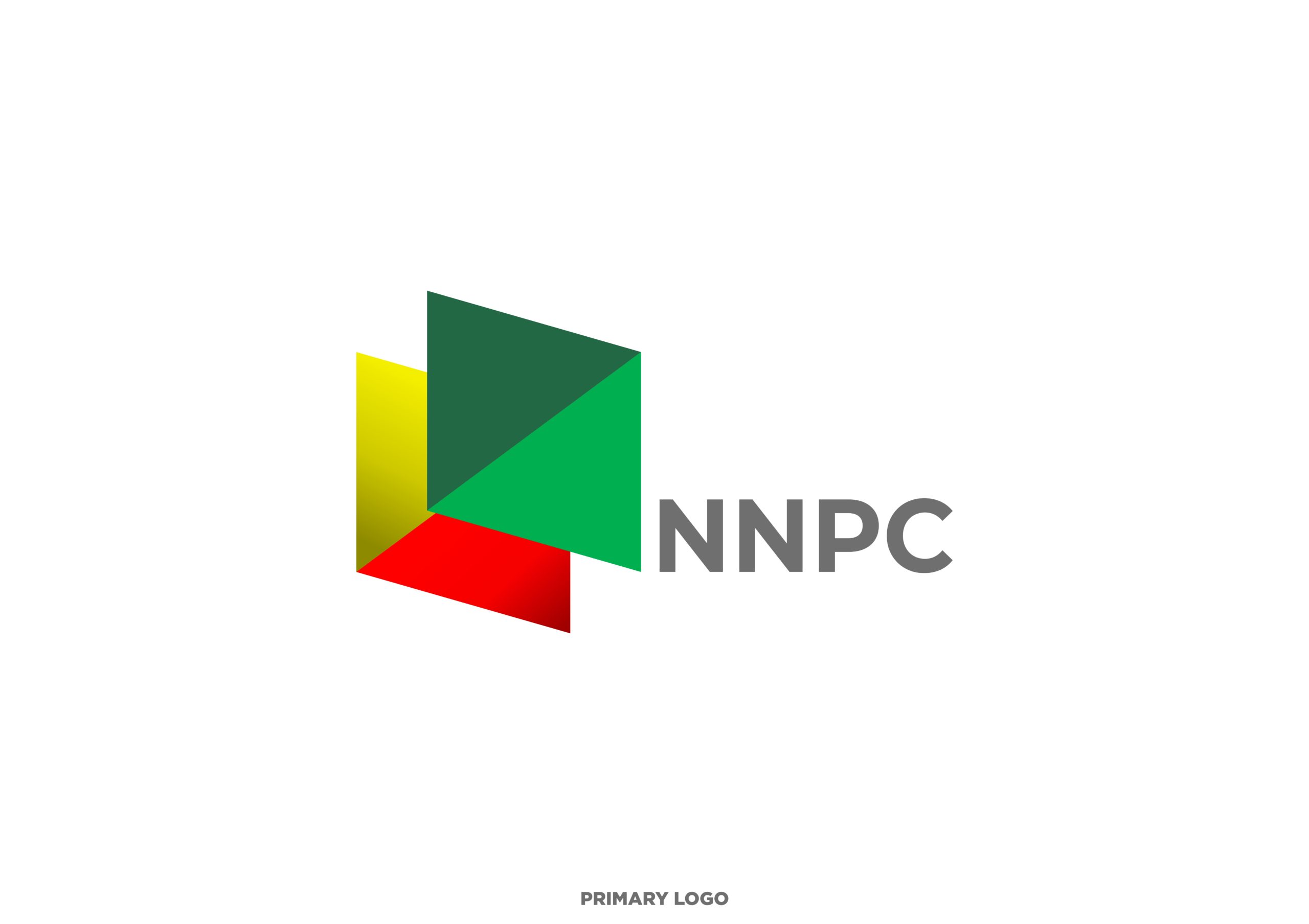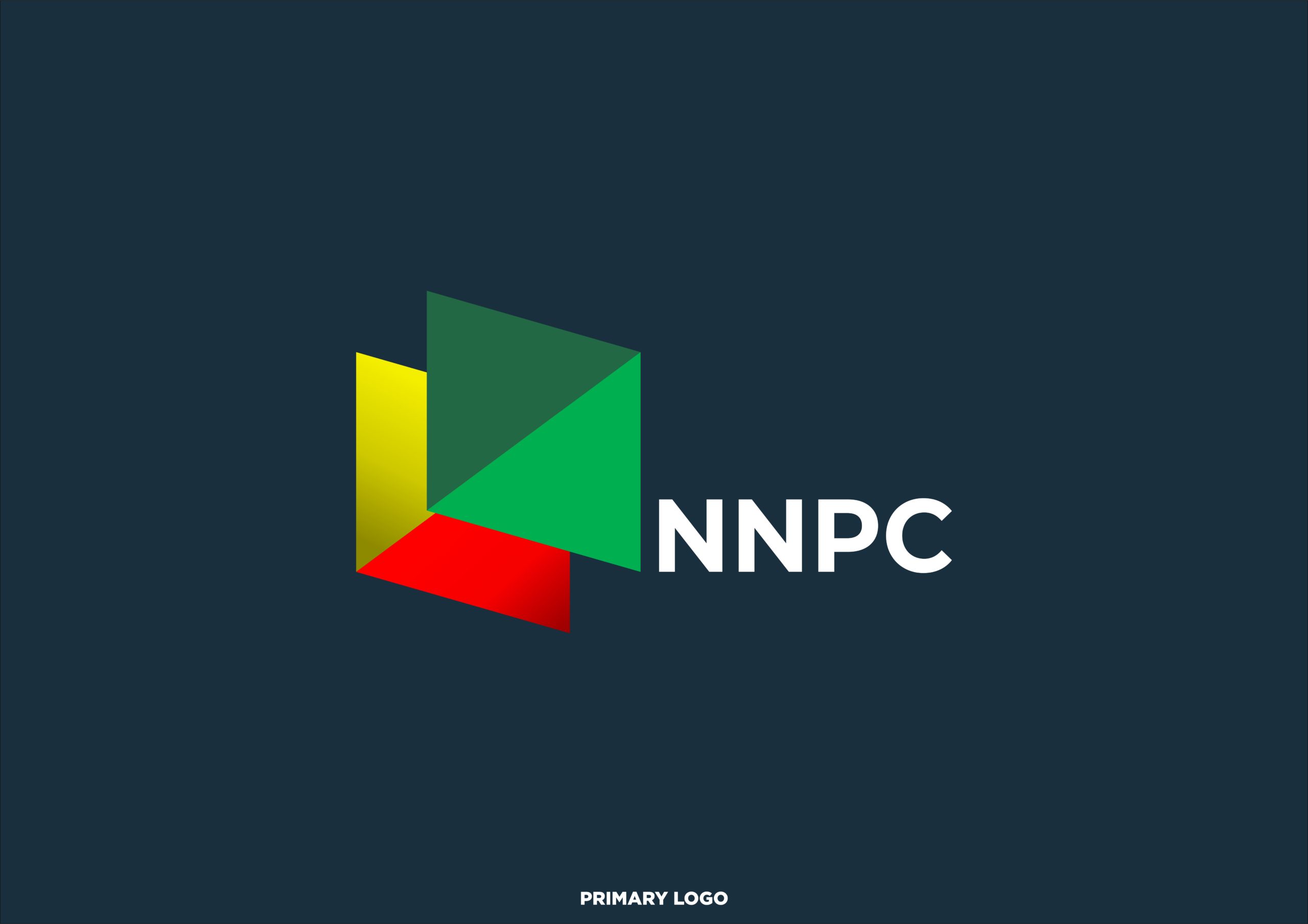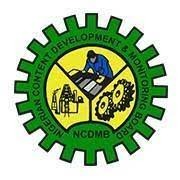Energy
Undergraduates, Schools to win N66m in NCDMB/Enactus technology challenge

ABUJA-THE competition seeks to motivate and challenge Nigerian undergraduates to imbibe the culture of research and development and apply science, technology and innovation to create home-grown business solutions to everyday problems in the oil and gas industry and different sectors of the Nigerian economy.
The best student team will win N10,000,000 and business incubation, while their academic guide will get a cash prize of N1,750,000 and laptop. Their university will get a winner’s trophy and research development centre.
The first runner up group will get N4,000,000 and business incubation, while their faculty guide will get N500,000. Similarly, the third placed team will win N1,500,000 while their faculty guide will get N200,000.
Speaking at the launch of the Nigerian Content STIC contest in Lagos, the Executive Secretary of the NCDMB, Engr. Simbi Kesiye Wabote, described it as one of the several initiatives the Board is implementing to develop indigenous capabilities. “We believe that tapping from the ingenuity of our young talents, we will enhance the delivery of the various strategic initiatives enunciated in our 10 Year Strategic Roadmap.”
He emphasized that “with about 170 public and private universities in Nigeria producing more than half a million graduates every year, we see huge opportunities to extract brilliant ideas from our agile and very creative youths to solve current and future challenges.”
He added that “The mission of ENACTUS is to ‘engage the next generation of entrepreneurial leaders to use innovation and business principles to improve the world.’ Our interest is to catalyse this for the Nigerian youths.”
Noting that the world was already in the era of cloud computing, Internet of Things, Robotics and Big Data, where Technology and innovation have revolutionized the business environment and tech firms are beginning to worth more and earn much more than the conventional businesses, Wabote challenged Nigerians to position themselves for the technological changes.
In his words, “We need to prepare and position our young minds and talents for the 4th industrial revolution that is about to take place. The competition is open to Nigerian undergraduates from any of the accredited universities and polytechnics in the country.”
Wabote hinted that NCDMB has always targeted most of its initiatives towards the youth, in line with its mandate and in recognition of the pivotal role that youths play as the workforce of the nation He added that over the period of 10 years the Board had existed, about 10 million training man hours have been utilized to train youths under project-based training and direct-training programs.
Also speaking, the Country Director, Enactus Nigeria, Mr. Michael Ajayi described STIC as a timely initiative that will positively engage the Nigerian youths and enable them create wealth, job opportunities and innovative solutions for everyday problems in different sector of the nation’s economy.
“Those interested in taking advantage of the business development support available through this programme for the transformation of their innovative ideas into sustainable business ventures should visit: www.stic.org.ng and submit their applications”, he said
Ajayi indicated that the STIC is scheduled to run for a seven-month period, from submission of applications online, to regional competitions and then to the grand finale. He reiterated that winners of the STIC will gain access to funding, business incubation, mentorship, and training that will accelerate the journey from business ideation to the market.
The event featured a panel session on “Leveraging Technology and Innovation to drive social impact and sustainable economic growth.” The discussants included Engr Simbi Wabote; Managing Director, Bank of Industry, Mr. Olukayode Pitan; Executive Secretary, Lagos State Employment Trust Fund (LSTEF) Mrs. Teju Abisoye; and co-founder and former Group Executive Director, Sahara Group, Mr. Tonye Cole.
Energy
Sahara Group Urges More Refining, Storage To Boost Africa’s Downstream

Inadequate refining capacity, insufficient storage, and impeded product movement across Africa are the three major impediments slowing the growth of the continent’s downstream oil sector, Wale Ajibade, Executive Director, Sahara Group has said.
Ajibade expressed his views in a paper “Africa Downstream Market Developments and Forecast” presented at the recently concluded Africa Refiners and Distributors Association (ARDA) Week 2024 in Cape Town, South Africa.
He maintained that addressing these gaps would transform Africa’s downstream petroleum industry.
Biztellers reports that the ARDA Week 2024 is Africa’s foremost gathering of stakeholders in the downstream oil industry.
Ajibade noted that shoring up the continent’s refining capacity was critical to sustaining efficiency, availability and accessibility in the sector.
He explained that as Africa explored ways of achieving hitch-free energy transition, efforts must be made to ensure optimisation of the sector’s value responsibly and collaboratively.
In his words, “Many African countries lack sufficient refining capacity to meet domestic demand, leading to heavy reliance on imports. This lack of self-sufficiency leaves these markets vulnerable to supply disruptions.
“Addressing this would require fresh investments and collaboration across the sector’s value chain.”
On insufficient storage infrastructure, Ajibade pointed out that this has continued to hamper the ability to maintain strategic reserves and ensure reliable supply during times of high demand or supply chain disruptions.
“In East Africa, shippers at Beira, Dar es Salaam and Mombasa — the key entry ports for refined products — are experiencing significant demurrage. Ageing and poorly maintained pipeline networks result in significant product losses and distribution bottlenecks,” he stated.
According to him, a collaborative solution which involves regulators, operators, investors, financial institutions, and government owned oil companies is required to help the African downstream sector to reach its full potential and provide reliable and affordable energy access to the continent’s growing population.
“Africa’s downstream Market leaders will need to work closely with her the various governments and agencies to carefully navigate the complex challenges through regulation and technology adoption while pushing for sustainable growth across Africa,” he added.
He also stated that the continent increasingly relied on imports of refined products to support consumption growth, primarily due to the underutilisation of existing refineries caused by technical issues.
He called for, “Investments in refinery upgrades, pipeline modernisation, and the construction of new storage facilities will be crucial to overcoming these challenges and unlocking the region’s energy security and economic development.”
Highlighting some positive trends in the sector, Ajibade said the African downstream market is experiencing rapid growth and transformation, driven by soaring energy demand, population growth, and the focus on industrialisation, urbanisation, and economic He explained that these would drive the demand for refined petroleum products, petrochemicals, and related downstream services is forecasted to grow by up to 30% by 2040.
“Africa is experiencing a lot of migration from rural to urban areas. In 2015, Africa had only six cities with more than five residents compared to 17 expected in 2030. Africa has experienced an increase in the number and capacity of industries across the continent, with industrial GDP set to double by 2025,” he said.
On the promotion of regional and cross-border trade, Ajibade noted that initiatives such as the African Continental Free Trade Area are promoting regional integration and facilitating cross-border trade in downstream products.
“This is encouraging investments in integrated downstream assets, logistical infrastructure, and harmonised regulatory frameworks to capitalise on the expanded market opportunities,” concluding that production of chemicals, plastics, lubricants, and specialty products would foster self-sufficiency and spur economic growth through increased job creation, reduced import reliance and enhanced technological innovation,” he added.
Energy
NNPC Ltd, Partner Unlock 12,000bpd Production From Awoba Unit Field

Keen on optimising production from the nation’s hydrocarbon assets to boost revenues and meet her OPEC production quota, the Nigerian National Petroleum Company Limited (NNPC Ltd.) and its Joint Venture partner in the Awoba Unit Field, Newcross Exploration and Production Ltd., have restarted production from the Awoba field which last contributed production to the Bonny Terminal in 2021 and was finally shut down in February 2022 due to evacuation issues and crude oil theft.
This was contained in a statement put out on the state oil company’s X handle on Tuesday from Abuja, under the signature of its Chief Corporate Communications Officer, Olufemi O. Soneye.
He asserted that since the restart of the Awoba field by NNPC Ltd and it partners on April 13, 2024; production from the field has averaged 8,000 barrels per day and is expected to plateau at 12,000 per day at full ramp up within 30 days.
Awoba is also expected to significantly boost gas supply to the power sector and other gas-based industries, Soneye added.
Biztellers reports that the Awoba Unit which straddles OMLs 18 and 24 is located in the mangrove swamp south of Port Harcourt, Rivers State. Both OML 18 and OML 24 assets are under the management of the NNPC Upstream Investment Management Services (NUIMS).
Recall that the NNPC Ltd. has been recording a string of production successes from the JV portfolio which have significantly lifted overall national production. Besides the recent start of production at the Madu Field by the NNPC Ltd/First E&P JV, the company has achieved the restart of production at OMLs 29 and OML 18 in late 2023 which have steadily contributed an average of 60,000bpd to the nation’s production output since their restart.
The Group Chief Executive Officer of NNPC Ltd., Mallam Mele Kyari, ascribed the achievement to the President Bola Ahmed Tinubu administration’s success in providing enabling operating environment for businesses to thrive.
He expressed appreciation to all stakeholders (staff, operators, host communities, government security agencies, and private security contractors) who played a pivotal role in achieving the feat.
Energy
NNPC Ltd, First E&P Achieve 20,000bpd Production At OML 85

The Nigerian National Petroleum Company Limited (NNPC Ltd) and its Joint Venture partner in OML 85, First Exploration and Petroleum Development Company Limited (First E&P), have commenced oil production from the asset also known as Madu Field.
Biztellers reports that production from the field which is located in shallow waters offshore Bayelsa State and operated by First E&P is expected to be at an average of 20,000 barrels per day.
The achievement is a testament to the commitment of the President Bola Tinubu administration to optimise production from the nation’s oil and gas assets through the provision of enabling environment for existing and prospective investors.
According to the Group Chief Executive Officer of NNPC Ltd, Mele Kyari, the commencement of oil production at the Madu Field is a significant milestone that will contribute to the larger goal of meeting the production required to drive revenue growth and boost the nation’s economy.
He commended stakeholders for their support, and opined that the addition of 20,000 barrels per day by an indigenous oil player signals the commitment of stakeholders to achieving economic development for Nigeria.
Recall that the Final Investment Decision (FID) on the development of the Madu Field and a sister field, Anyala, was taken by the NNPC Ltd/First E&P JV in 2018.
Production from the Madu Field will be processed at the JV’s Abigail-Joseph Floating Production Storage and Offloading (FPSO) Unit, which has a crude oil storage capacity of up to 800,000bbls.



















